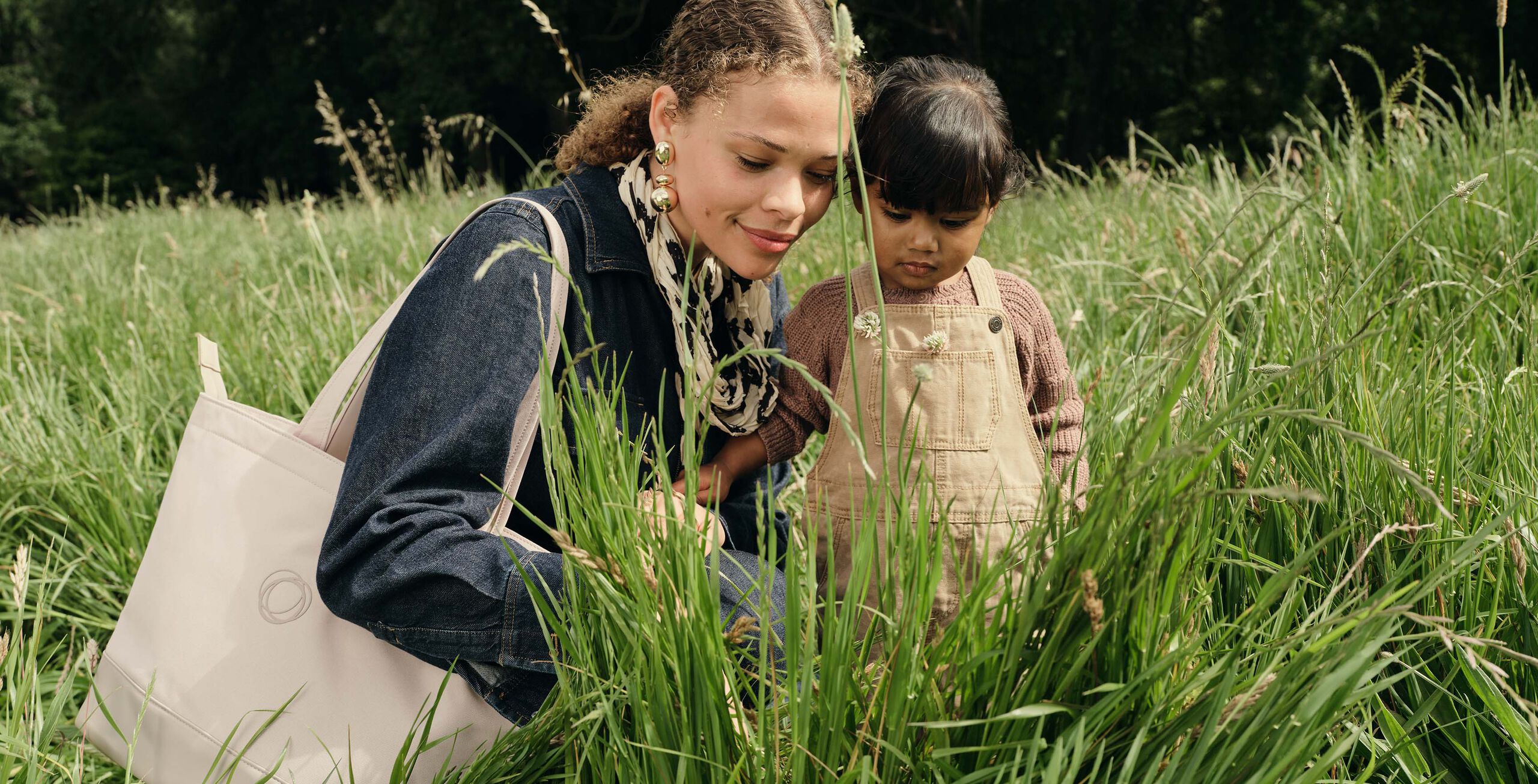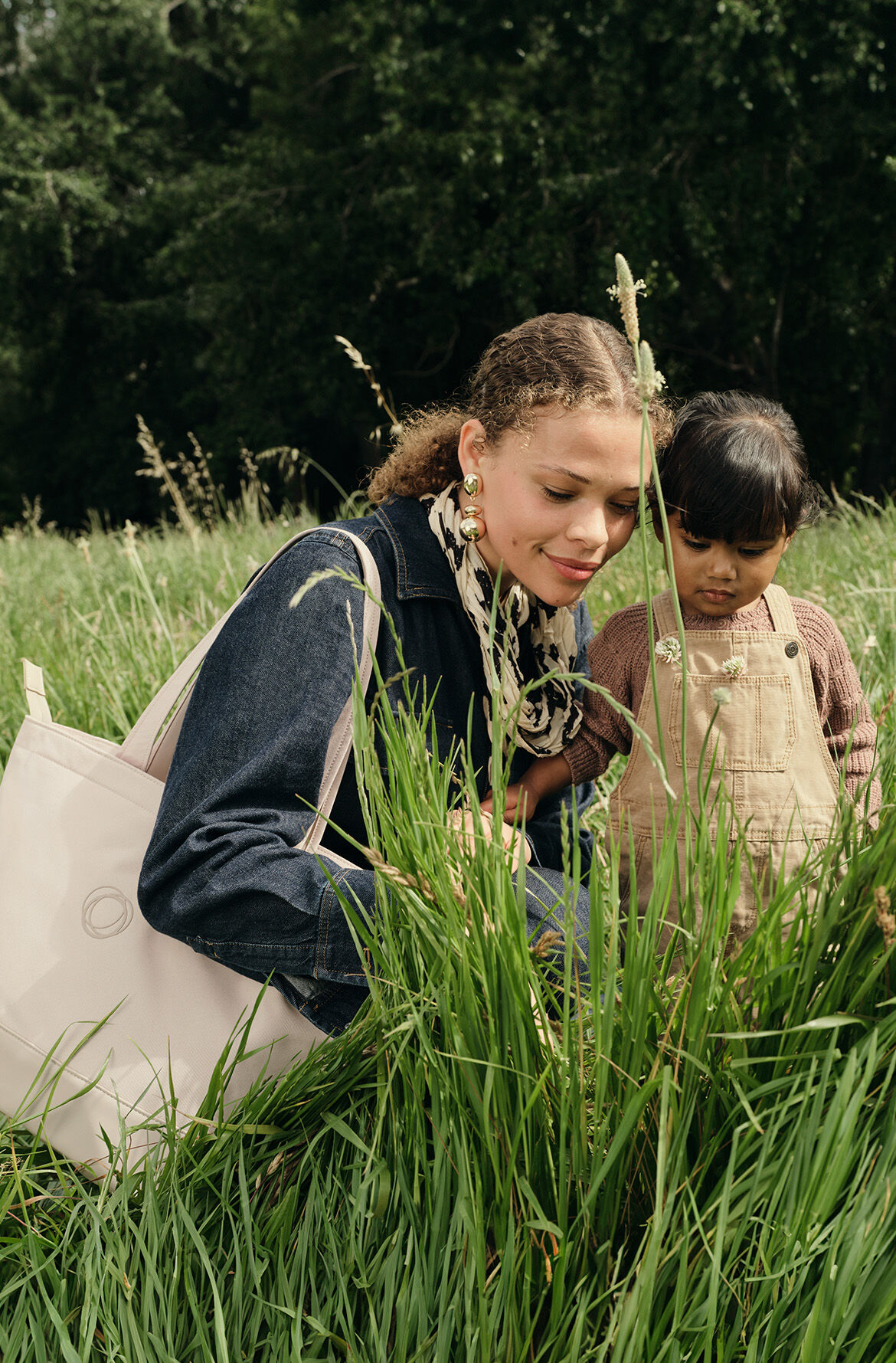Sustainable baby products: eco-friendly choices for parents
From everyday essentials to big-ticket items, a more eco-conscious approach is becoming the new standard. Individual actions matter, but lasting change requires businesses to take responsibility—creating products and services that are safe, ethical, and sustainable from the start.
By choosing sustainable brands, parents not only support these efforts but often find added benefits, such as healthier homes, safer environments, and in some cases, greater cost savings. Together, these choices are shaping a growing movement in sustainable parenting.


What is eco-friendly or green parenting?
Green parenting, also known as eco-friendly or sustainable parenting, means choosing products and habits that reduce environmental impact. That might include using less plastic, buying fewer but better-quality items, and opting for materials that are safer for children and more sustainable in the long run.
Rather than aiming for perfection, green parenting is about choosing better where you can. It often starts with a mindset shift, focusing on longevity, simplicity and materials that support both your child and the environment.
Why are more parents choosing sustainable baby products?
Many parents today are thinking long-term. As well as wanting what’s best for their baby right now, they’re considering the world their child will grow up in. That means finding baby products that are safer, longer-lasting and more responsible.
Benefits of sustainable products:
- Often made with fewer toxins and gentler materials
- Built for durability and multiple stages of use
- Easier to repair, reuse or pass on
- Can offer better value in the long run
Start with fewer, better baby items
Getting started with sustainable parenting doesn’t have to mean buying more. In fact, one of the easiest ways to reduce your environmental impact is to bring fewer items into your home in the first place.
Bundles can help simplify those early decisions. A newborn-ready setup that includes all the basics can reduce stress and packaging waste while making sure you have everything you need from the first day your baby arrives.
Choose long-lasting baby products
Products that are built to last are better for your wallet and the planet. When items can be used across multiple stages or passed on to another child, they help cut down on waste and reduce the need for replacements. Quality items often keep their value, meaning you can resell them, recover some of your costs, and help another family save. Buying less, choosing better, and reselling not only eases your budget but also supports a more sustainable way to parent.
Look for products made from durable materials with features like modular design or spare part availability. These small details make a big difference in long-term use.
What to look for in long-lasting items:
- Adjustable features that suit different stages
- High-quality, easy-to-clean materials
- Availability of spare parts for repairs
- Timeless designs that hold up over time
Think about materials
What a product is made from matters. Choosing safer, more sustainable materials means fewer chemicals in your home and fewer resources used during production. Materials also affect durability and how easy an item is to reuse or recycle later on.
Bugaboo focuses on responsible materials across its range — from naturally-sourced wood to recycled fabrics and low-emission plastics — to reduce our products’ CO2 footprint without compromising on quality or performance.
Our materials that make a difference:
- Non-toxic and organic: Reduces exposure to harmful substances
- Recycled fabrics: Bugaboo Fox 5 Renew fabrics are made from premium and durable recycled materials FSC®-certified wood: The Bugaboo Giraffe chair uses European beechwood from responsibly managed forests
- Bio-based plastics: Made using plant-based waste instead of fossil-based plastics
- Recycled aluminum: The Bugaboo Butterfly uses 60% recycled aluminum, cutting its footprint by 16%
Reduce waste from the start
Early parenting can involve a surprising amount of waste, including everything from packaging to single-use products. Starting with a few simple changes can help reduce your household’s environmental footprint right from the beginning.
Looking for items that can be reused, repaired or repurposed is a great first step. Buying secondhand or using a certified refurbished program also helps extend a product’s life.
Simple ways to reduce waste:
- Choose reusable wipes, bottles, and containers
- Avoid single-use plastic where possible
- Buy in bundles to reduce packaging and deliveries
- Pass on or resell items you no longer need
- Try Bugaboo’s Certified Refurbished program for a second-life option
Make sustainability part of daily life
Sustainability isn’t just about shopping choices; it’s also about routines and habits. These day-to-day actions are where long-term change begins, and they’re often the things your children will notice most.
Building small, intentional habits can add up. And when kids grow up seeing sustainability as normal, they’re more likely to carry it with them.
Start with simple routines:
- Recycle consistently and compost where possible
- Choose local produce or lower-impact foods
- Involve your children in small tasks (e.g. sorting packaging, watering plants)
Final thoughts
Sustainable parenting doesn’t require a full lifestyle overhaul. It’s about being more intentional, choosing durable products, cutting back on waste, and making thoughtful decisions that feel manageable for your family.
Bugaboo’s commitment to sustainability reflects that same thinking. As a certified B Corp, we’re committed to reducing product emissions by 47% by 2026 and becoming net zero by 2035. Our modular design, focus on repairability, and circular services like refurbishment help parents make more sustainable choices without compromising on quality.
By starting small and building sustainable habits over time, you’re already making a difference – for your child and for the world they’ll grow up in.